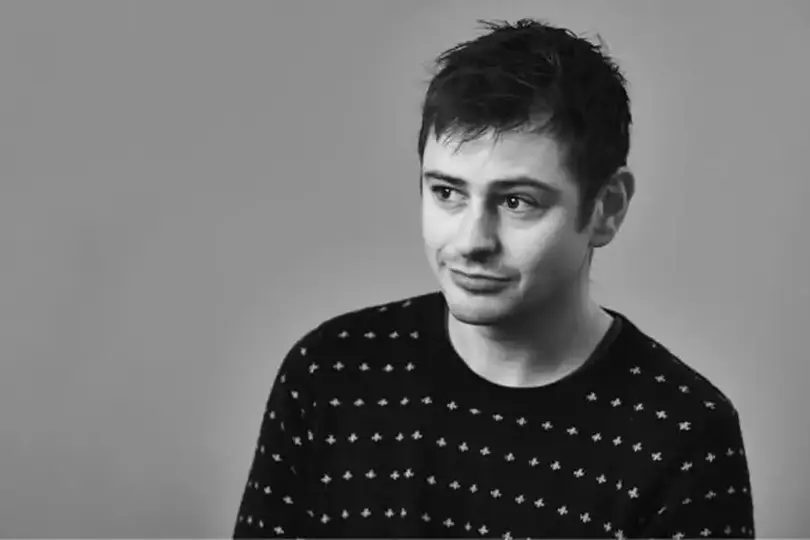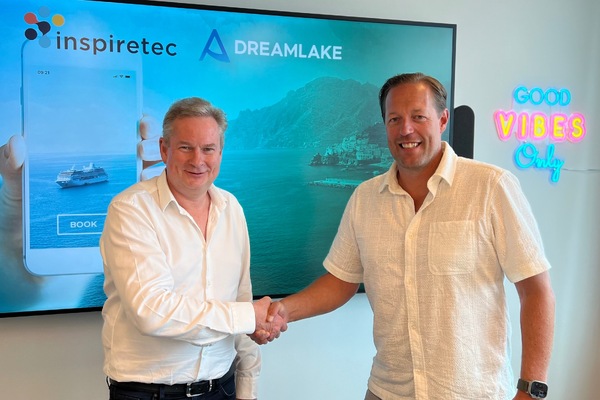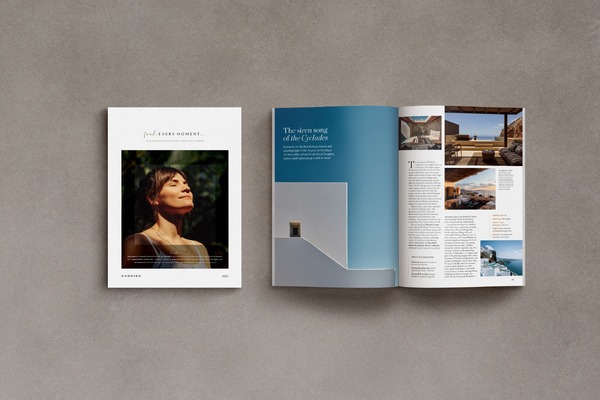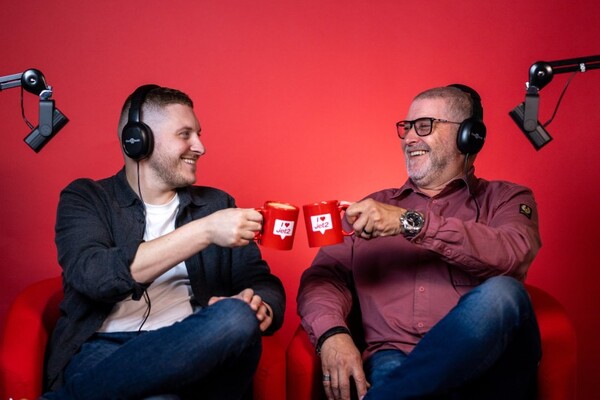What travel marketeers can learn from stand-up comedians
Using humour in marketing campaigns can transform travel brands, writes funnyman Jonathan Fraser, chief strategy officer and co-founder of Trouble Maker
For 10 years, I spent my weekends performing stand-up comedy as a bit of fun. But I quickly realised though that the skills and processes needed to make an audience laugh were the same as those used to create effective advertising. To this day, all of our creatives (as long as they are happy to) take stand-up comedy training as a way to enhance their advertising skills.
But what does this have to do with travel?
The post-pandemic travel boom is extremely exciting for travel brands; however, competition in the sector is fierce and the cost-of-living crisis continues to weigh on consumers’ minds. Customer loyalty can be fragile while they shop around for the best value.
This doesn’t mean businesses should race to the bottom on price – far from it. Your brand experience plays a critical role in creating value for money perceptions. Brands need to think carefully about distinguishing themselves from their rivals and communicating their brand value in a way that resonates.
And for that, there’s a lot travel companies can learn from the stand-up world.
Laughter is powerful
Emotional impact is everything in advertising. It’s how you create the memory structures that bring your brand to consumers’ minds at key moments, and it’s why Christmas is full of ads carefully crafted to make you cry. But while the emotional power of humour is well-understood on comedy circuits, it’s often neglected in advertising.
The reason is the same as why so few people are willing to try stand-up – making people laugh is hard, and that scares us. So, even though humour is proven to increase brand power, recall and even purchase intent in any category – including travel – recent Kantar data shows only 33% of brands utilise this effective tool.
That means there’s an opportunity for brands to use comedy to stand out. After the downtrodden years of Covid-19, people are craving joy and fun – why not capitalise on that emotional need?
Some brands are already finding funny to be hugely effective. Swiss Tourism has been bringing in celebrities to star alongside Swiss tennis star Roger Federer in a series of tongue-in-cheek spots since 2022, from Anne Hathaway and Robert De Niro to comedian Trevor Noah. Booking.com has likewise hired comedians Melissa McCarthy and Tina Fey to star in its last two summer campaigns.
Personalise at scale and make it stick
To land a joke in stand-up, every person in the audience needs to feel like the joke is personal to them. To do this, comedians find specific insights about people’s lives and dig deeply into them; any advertising campaign looking to make a lasting impression does the same.
British Airways understood this concept with its recent outdoor campaign, “A British Original”, which offered a tongue-in-cheek take on the typical “What is the purpose of your visit?” tick-box exercise. Alongside the standard “Business” and “Leisure” options, the campaign gave alternative travel reasons that many people will secretly resonate with, from “Mischief” and “Burnout” to “Stag do. Pray for me”.
In stand-up, it’s also important to ensure that at least one joke sticks in people’s brains. No one ever remembers every joke they’ve heard at a gig, but if the comedian can get you to remember just one, you’re far more likely to book tickets to see them again or to spread the joke among your friends and family.
Comedians know which joke they want you to remember and will ramp it up with props, music, physical comedy or a change in tone – anything that changes the dynamic to make that moment stand out.
Brands need to do the same. Identify the one thing you want consumers to remember from your campaign and turn it into an unforgettable moment.
Address the elephant in the room
One of the first lessons you learn as a stand-up comedian is self-awareness. If you look like Hagrid from Harry Potter, you have to call it out, or people will be too distracted to listen to your jokes, because they’ll be spending the time thinking “who does that person look like”.
If consumers have a perception about your product or service, call it out. Ryanair does this exceptionally well on TikTok, where it now has an audience of 2.2 million. The airline pokes fun at the reality of travel – from problematic passengers to hand luggage limits – including its own reputation. In doing so, it endears itself to customers while reinforcing its core brand offer of an affordable, no-frills experience.
The future of the travel industry is set to be highly competitive, and that’s an environment comedians know all too well. If brands embrace their lessons and adopt the same stand-up mentality, they’ll be the ones left with a smile on their face.














